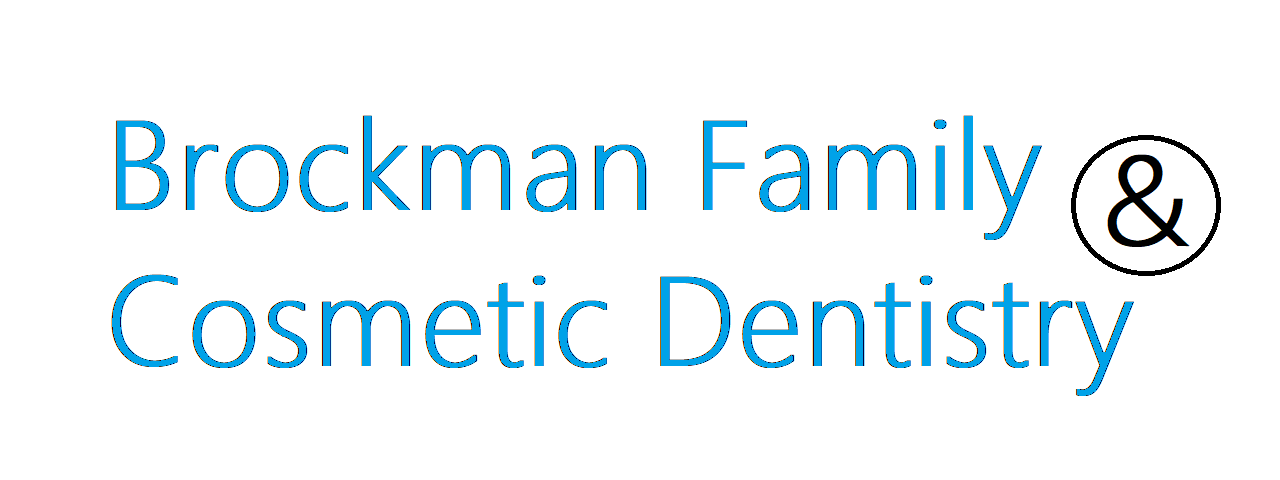Are you tired of dealing with bleeding gums, bad breath, and tooth sensitivity? Gum disease can be a real pain in the mouth - but fortunately, it's not impossible to reverse its effects. Gum disease, also known as periodontal disease, is a condition in which the gums and other supporting structures around the teeth become inflamed and infected. Gum disease can occur in both children and adults, but it is more common in adults. If left untreated, gum disease can lead to tooth loss.
Symptoms of Gum Disease
If your gums are red, swollen, or bleed easily, you may have gum disease. Gum disease is a common condition that affects the tissues that support your teeth. If left untreated, it can lead to tooth loss.
There are two stages of gum disease: gingivitis and periodontitis. Gingivitis is the early stage of gum disease. It is characterized by red, swollen, and bleeding gums. Periodontitis is the more advanced stage of gum disease. It is characterized by deep pockets forming between the teeth and gums. These pockets trap bacteria and can lead to bone loss and tooth loss.
Causes of Gum Disease
Gum disease is a serious condition that can lead to tooth loss and other health problems. There are many reasons why someone might develop gum disease, but the most common cause is poor oral hygiene. Other factors that can contribute to gum disease include:
- Smoking or using other tobacco products
- A family history of gum disease
- Certain medical conditions, such as diabetes or HIV/AIDS
- Drug use, especially methamphetamines or crack cocaine
- Poor nutrition
- Pregnancy
If you suspect you may have gum disease, it's important to see a dentist right away. They will be able to diagnose the condition and recommend treatment options.
Treatment for Gum Disease
If you have gum disease, it is important to seek treatment as soon as possible. Gum disease is a progressive condition, meaning that it will only get worse over time. If left untreated, gum disease can lead to tooth loss and other serious health problems.
There are two main types of treatment for gum disease: medical therapy and surgical therapy. Medical therapy involves the use of medications to control the infection and inflammation associated with gum disease. Common medications used to treat gum disease include antibiotics, antiseptics, and anti-inflammatory drugs.
Surgical therapy for gum disease usually involves a procedure called scaling and root planing. Scaling removes the plaque and tartar buildup from your teeth and gums. Root planing smooths out the roots of your teeth, making it harder for bacteria to attach themselves. Both scaling and root planing are usually done under local anesthesia.
In some cases, more aggressive surgical procedures may be necessary to treat advanced gum disease. These procedures include flap surgery, bone grafts, and tissue regeneration. Flap surgery involves lifting up the gums to access the roots of the teeth so that they can be cleaned more thoroughly. Bone grafts are used to replace bone that has been lost due to periodontal disease. Tissue regeneration is a newer technique that uses growth factors to promote the regrowth of healthy gum tissue.
To learn more, visit Brockman Family Dentistry at 11949 Lioness Way Suite 200, Parker, Co 80134, or call (303) 799-4333 for the best dental care.
